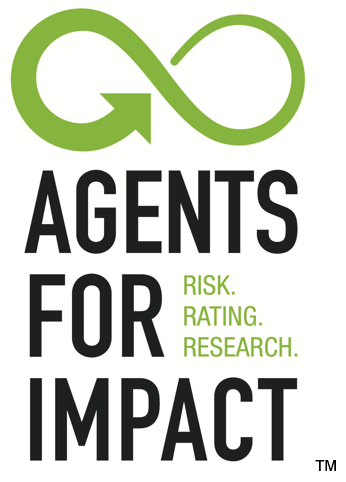 UN Sustainable Development Goal (SDG) 5, “Achieve Gender Equality and Empower All Women and Girls,” is not only a standalone goal but is inextricably linked to the other SDGs. Though moving toward gender equality has long been associated with achieving social or political goals, its proven economic benefits remain under-appreciated. According to the World Bank’s 2021 Global Findex Database, more than 1 billion women worldwide still lack access to the financial system. In fact, women make up the largest unbanked population in the world, with more than 70 percent of woman-owned small and medium-sized enterprises estimated to have inadequate or no access to financial services. The financial gap just for women-owned formal small businesses is estimated to be USD 300 billion.
UN Sustainable Development Goal (SDG) 5, “Achieve Gender Equality and Empower All Women and Girls,” is not only a standalone goal but is inextricably linked to the other SDGs. Though moving toward gender equality has long been associated with achieving social or political goals, its proven economic benefits remain under-appreciated. According to the World Bank’s 2021 Global Findex Database, more than 1 billion women worldwide still lack access to the financial system. In fact, women make up the largest unbanked population in the world, with more than 70 percent of woman-owned small and medium-sized enterprises estimated to have inadequate or no access to financial services. The financial gap just for women-owned formal small businesses is estimated to be USD 300 billion.
In the absence of financial tools, women face difficulty generating income, boosting savings, growing businesses and improving the living conditions of their families. If the ambitious targets set within the SDGs are to be achieved, then a concerted effort is required to
 Sustainability reporting entails assessing, disclosing and managing an organization’s environmental, social and governance (ESG) impacts. This practice communicates to investors, customers, employees and regulators that the organization is committed to sustainability. The disclosure element, in particular, conveys values, strategies, risks, opportunities, accountability and transparency.
Sustainability reporting entails assessing, disclosing and managing an organization’s environmental, social and governance (ESG) impacts. This practice communicates to investors, customers, employees and regulators that the organization is committed to sustainability. The disclosure element, in particular, conveys values, strategies, risks, opportunities, accountability and transparency.
 This paper examines the growth and challenges of digital payment adoption by retailers in Africa, including “contactless payment (QR codes, tap to pay) [and] buy-now-pay-later” services. The authors note four main prerequisites for merchant adoption:
This paper examines the growth and challenges of digital payment adoption by retailers in Africa, including “contactless payment (QR codes, tap to pay) [and] buy-now-pay-later” services. The authors note four main prerequisites for merchant adoption: 